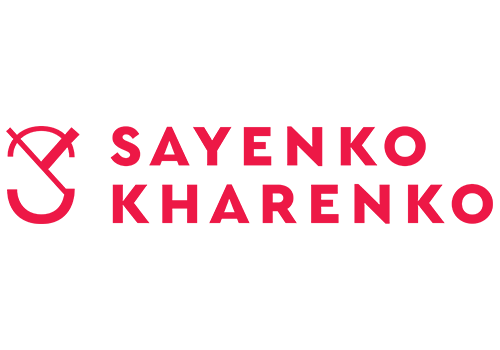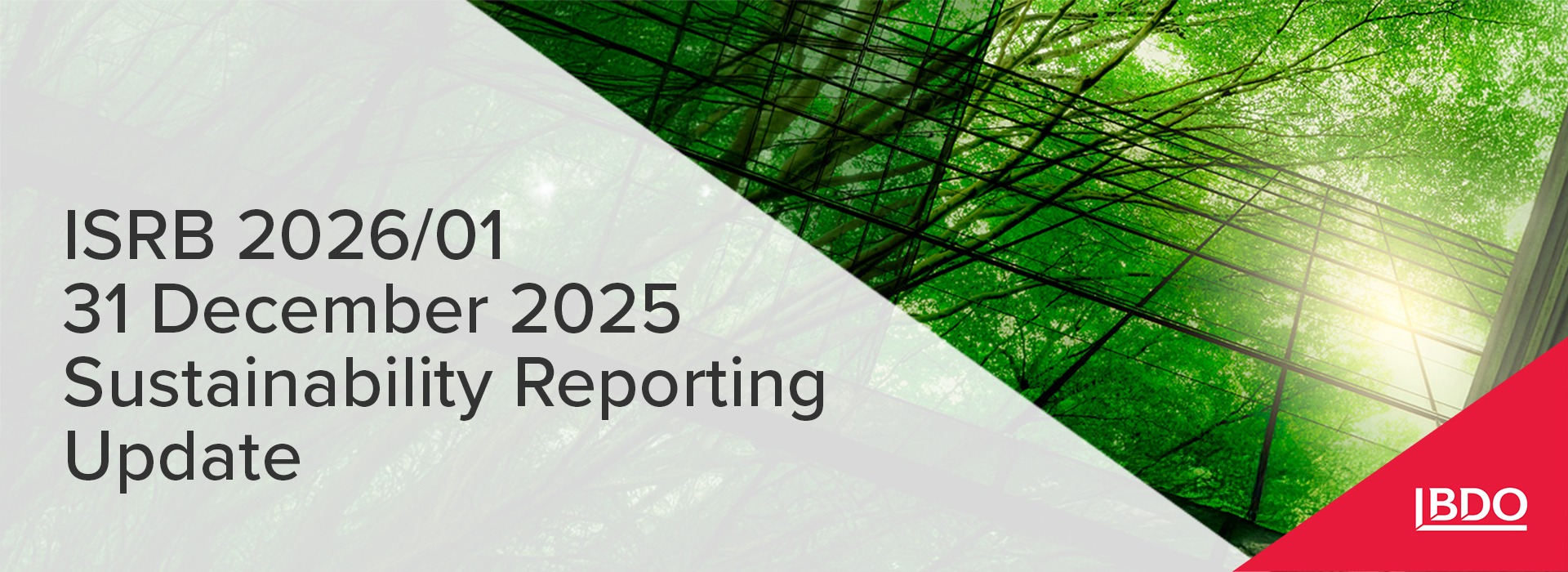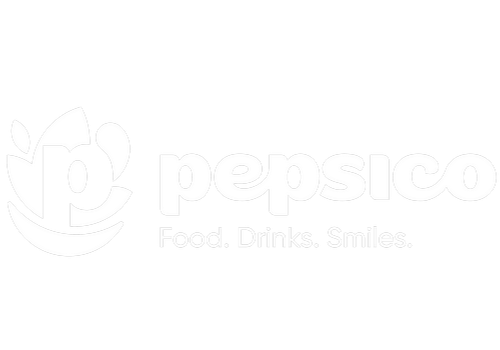On 3 March 2022, the Ukrainian Parliament adopted the Law of Ukraine “On Amendments to Certain Laws of Ukraine Prohibiting Production and Dissemination of Information Products Aimed at Promoting the Actions of the Aggressor State” No. 2109-IX (the “Law“). The Law is in effect as of 16 March 2022.
In short, the Law targets pro-Russian propaganda and related activities. The Law also sets limitations on political and NGO activity in the light of the Russian aggression against Ukraine.
What is qualified as the “propaganda” of the Aggressor State?
Largely, the Law prohibits production and dissemination of the following information (“Prohibited Information”):
- justification or recognition of lawfulness of the Russian Federation’s military aggression against Ukraine, or denial thereof, including portraying such aggression as an internal conflict, civil conflict or civil war or denial of the temporary occupation of the Ukrainian territory.
- glorification of (1) persons carrying out the military aggression of the Russian Federation against Ukraine, (2) representatives of the armed formations of the Russian Federation, irregular illegal armed formations, armed gangs and groups of mercenaries created, subordinated, managed or financed by the Russian Federation, as well as (3) representatives of the occupation administration of the Russian Federation structures functionally responsible for the management of the temporarily occupied territories of Ukraine, and (4) representatives of the self-proclaimed bodies controlled by the Russian Federation, which usurped the performance of official functions on the temporarily occupied territories of Ukraine. Rather specifically, the Law prohibits referring to them as “insurgents”, “militias”, or “polite military men”.
According to the amendments introduced by the Law, it is also prohibited to use printed media for inciting regional hatred. This prohibition supplements the general prohibition on the use of printed media for inciting racial, national or religious hatred.
Who the Law applies to?
The Law applies to:
- printed media (including online resources registered as printed media, according to the latest case law);
- TV and radio broadcasters (including retransmitted foreign TV channels);
- political parties and non-governmental organisations (the Law also introduces additional limitations on activities by pro-Russian political parties and NGOs);
- legal entities and individuals. This prohibition was introduced as an amendment to the Law of Ukraine “On Protection of Public Morality” No. 1296-IV, dated 20 November 2003.
Liability for non-compliance
Production and dissemination of the Prohibited Information according to the Law will trigger liability anticipated by specific laws currently in effect:
- printed media — registration of the printed media can be denied if its name, objectives or thematic focus contain the Prohibited Information. Moreover, publication of the printed media can be terminated by a court ruling if such printed media disseminates the Prohibited Information.
- TV and radio broadcasters, including their creative staff (employed or engaged as independent contractors/freelancers) — the National Council on TV and Radio Broadcasting of Ukraine can issue a warning, impose a fine or file a lawsuit seeking TV and broadcaster license cancellation. Foreign TV channels can be excluded from the list of programmes of foreign TV and radio broadcasters allowed for retransmission in Ukraine.
- political parties and non-governmental organisations can face a ban on their activity under a court ruling;
- non-governmental organisations cannot be registered and function if their aims include dissemination of the Prohibited Information;
- legal entities and individuals — law enforcement authorities can demand blocking/deletion of the Prohibited Information. In some cases, dissemination of such information can trigger criminal investigation with regard to collaboration activity under Art. 111-1 of the Criminal Code of Ukraine (in effect as of 15 March 2022). Depending on the circumstances of a particular case, production and dissemination of the Prohibited Information can qualify for other administrative or criminal offences (e.g., hooliganism, criminal offences concerning national security).
Instead of Conclusion
The new Law supplements the Law of Ukraine “On Condemning Communist and National Socialist (Nazi) Totalitarian Regimes in Ukraine and Ban on Propaganda of Their Symbols” No. 317-VIII, dated 9 April 2015 (the “Law 2015”). In comparison, the Law 2015 provides for arguably more encompassing and balanced censorship framework to prohibit propaganda of communist and nazi regimes. In particular, the Law 2015 allowed for preventive restrictive measures also covering restrictions on the registration of legal entities and trademarks. The Constitutional Court of Ukraine upheld the constitutionality of the Law 2015 when it was challenged earlier (Decision No. 9-p/2019 dated 16 July 2019).
We do not anticipate any challenges to the Law in the current circumstances.
Information contained in this overview is for general information purposes only, does not constitute legal or other professional advice, and should not be relied upon as a substitute for specific professional advice tailored to particular circumstances.



























